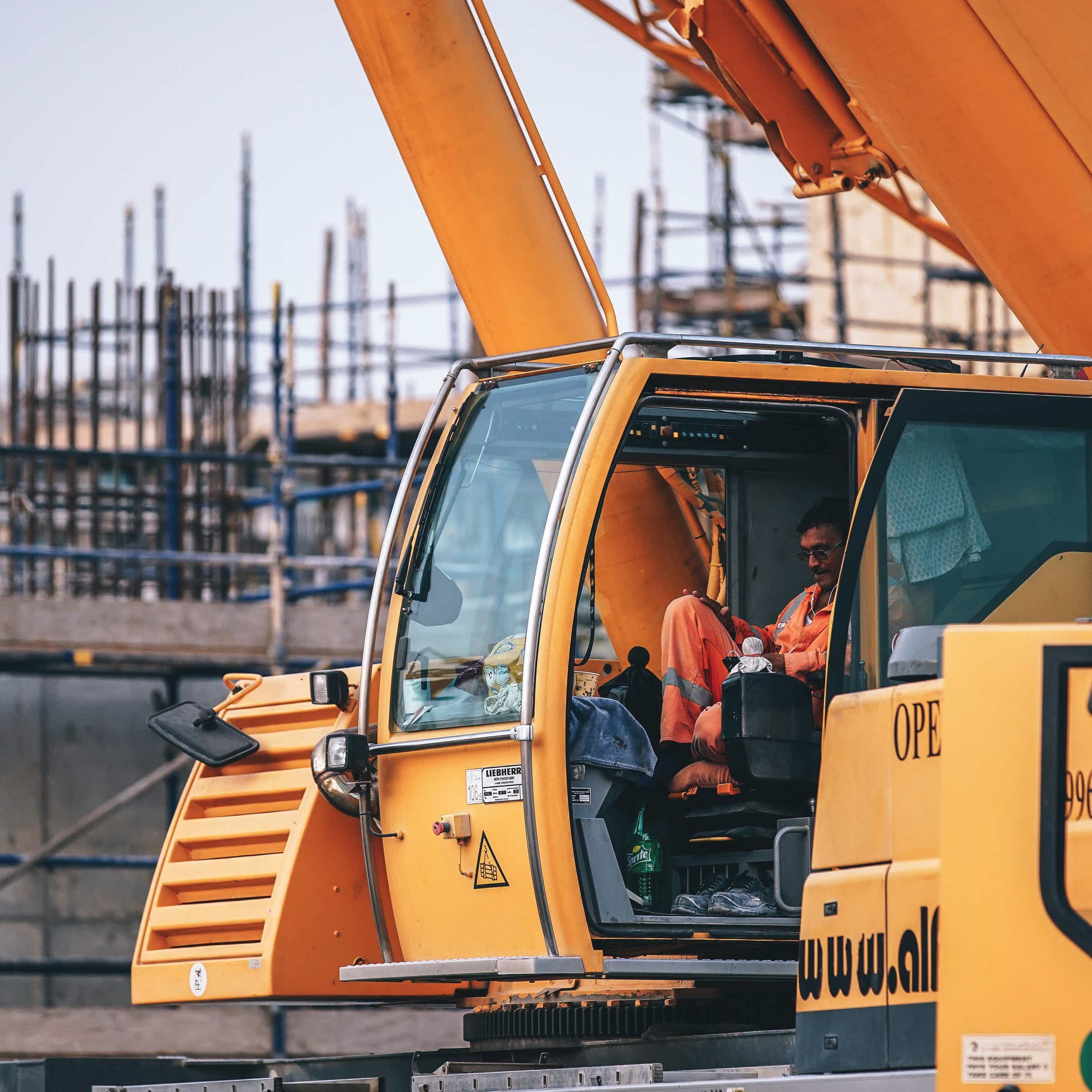Crane’s usage has become necessary for any construction project around the globe. Various industrial sectors from transportation, construction, shipping, manufacturing, material handling, power plant to aviation, use cranes to perform different tasks safely and efficiently. Van Adrighem cranes offers a variety of crane options that meet clients’ needs, satisfaction and are budget friendly.
Crane operators are part and parcel of any crane operation. Operating a crane is a risky task, and any form of accident can lead to fatal injuries or death. Having a well-trained, skilled, and certified team at a construction site eliminates some risks associated with crane operations.
Ever wondered what a crane operator does? Duties and responsibilities?
A crane operator’s core duties are moving, position, or lifting heavy items around a construction site, mines, docks, warehouses, or other worksites, by using stationary or mobile cranes. Crane operator receives direction from the signal personnel either through hand or verbal signals. They also control the crane, record materials moved, perform crane maintenance and inspection. Crane operator duties can be indoor or outdoor, involving a lot of climbing, sitting, moving, or standing.
Duties
- Operating the crane
The Crane operator is in control of crane buttons, pedals, and levers. They operate the crane by controlling the speed and direction of the crane, rotating the crane on the chassis, lowering, and lifting the loads.
- Record keeping
A crane operator keeps a record of the items moved from one place to another and follow the instruction given to load and offload the items.
- Perform check
Crane operator performs crane set up at the worksite to ensure it is safe and ready for operation. The checks are also performed after the crane operation to determine any repair or maintenance that is needed. This ensures safety at the worksite eliminating any form of injuries or accident that may result from crane malfunction. Crane operators ensure optimal performance of cranes through regular maintenance and inspection of cables, crane parts, pulleys, and other parts.
- Schedule lifts
Crane operators make a lifting plan, following safety protocol before any lifting. They ensure the crane lifting capacity is observed, thus eliminating overload risks, damaging the loads or the equipment.
- Work as a team
Communication is essential for a project to run safely and successfully. A crane operator must communicate with the team members as they require to move, lift, and position heavy loads in a different direction to ensure the safety of everyone at the worksite. Through communication, the chances of injuries are less, and the operation runs smoothly. Crane operators communicate with team members through hand signals or radios.
Conclusion
The crane industry is developing, and modern cranes with new features are emerging in the market, leading to increased demand for crane operators. Want to start a career as a crane operator? Do not be discouraged as there are many and upcoming opportunities in the market. Academic training to become a crane operator can take one to two years. Once you get a license, it is a requirement to renew the license after every five years for continued operation.


